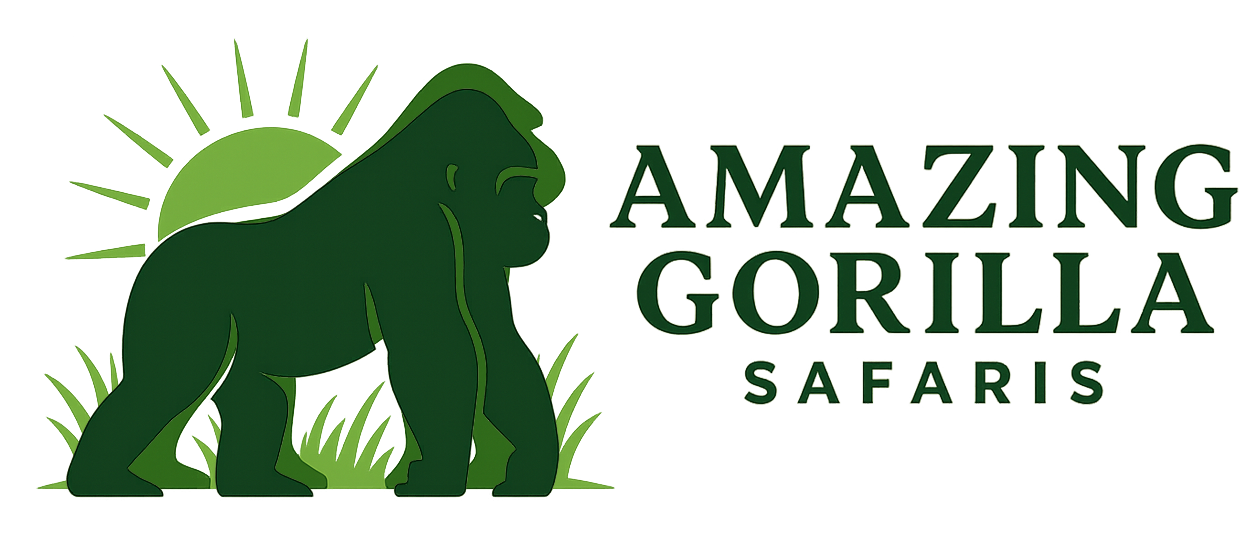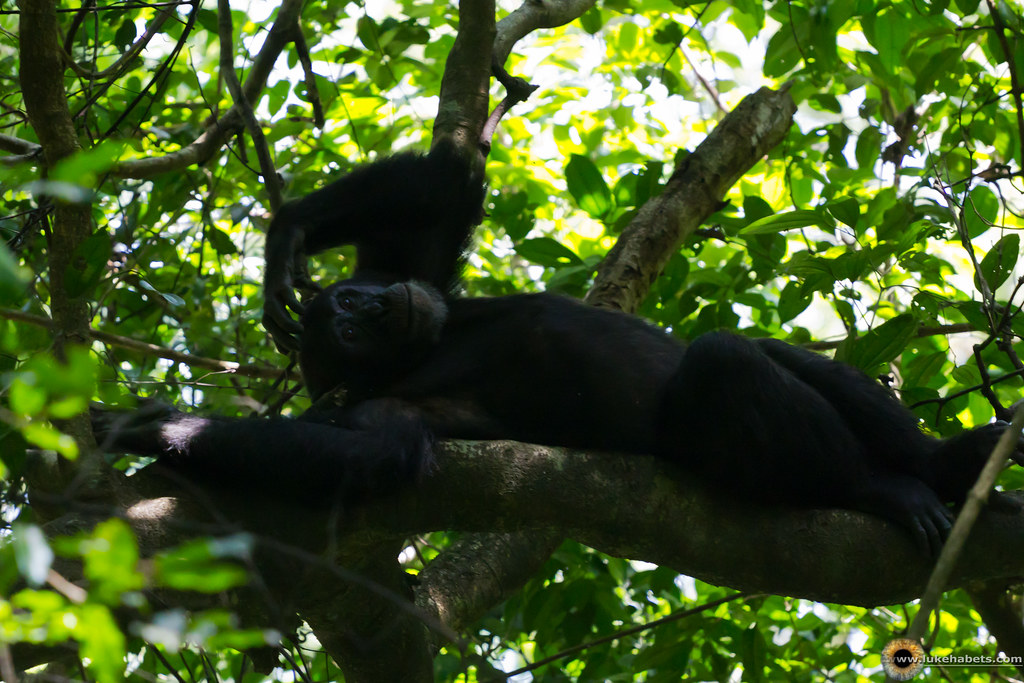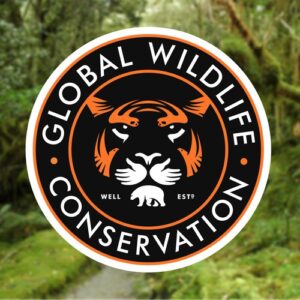Uganda remains one of the top destinations in the world for primate tracking, with gorilla trekking in Bwindi Impenetrable National Park and chimpanzee tracking in Kibale Forest attracting thousands of visitors every year. However, as of July 2024, the Uganda Wildlife Authority (UWA) announced an increase in permit fees for both gorilla and chimpanzee trekking, which will take effect starting 1st July 2025. This change is part of the broader effort to support conservation, enhance tourism experiences, and manage the growing number of visitors in a sustainable way.
Updated Gorilla Trekking Permit Prices in Uganda (2025)
Previously, a gorilla permit in Uganda cost $700 for foreign non-residents, $600 for foreign residents, and UGX 250,000 for East African citizens. With the new adjustment, effective from July 1, 2025, the cost of a gorilla permit for foreign non-residents will rise to $800. Foreign residents will now pay $700, while East African citizens will pay UGX 300,000.
This price change aligns Uganda’s rates closer to Rwanda’s, where gorilla permits cost $1,500, but still keeps Uganda the more affordable option. The price increase is intended to boost conservation funding and improve infrastructure in protected areas.
New Chimpanzee Tracking Permit Fees (2025)
Uganda is not only home to the endangered mountain gorillas but also to a thriving population of chimpanzees. The best place to track chimps is Kibale Forest National Park, although Budongo Forest, Kalinzu Forest, and Kyambura Gorge also offer trekking experiences.
The cost of a chimpanzee tracking permit in Kibale will increase from $200 to $250 for foreign non-residents, from $150 to $200 for foreign residents, and from UGX 150,000 to UGX 180,000 for East African citizens.
This increase also supports chimpanzee conservation efforts and is reflective of growing interest in primate tourism across Uganda.
Why Are the Prices Increasing?
The Uganda Wildlife Authority has clarified that the price adjustments are crucial for several reasons. First, the increased revenue will directly support habitat preservation, anti-poaching patrols, ranger welfare, and the long-term protection of endangered primates. Second, it allows Uganda to continue offering a world-class trekking experience, with trained guides, improved trails, and better visitor facilities. Lastly, controlling permit numbers through price increases helps limit overcrowding in sensitive ecosystems, especially in Bwindi and Kibale, which are high-priority conservation zones.
Booking and Planning Around the Price Change
If you’re planning a Uganda safari that includes gorilla or chimpanzee trekking, it’s advisable to book your permits before July 1, 2025, to take advantage of the current lower rates. Permits are issued on a first-come, first-served basis, and you must book through the Uganda Wildlife Authority or a licensed tour operator.
Travelers visiting after this date should budget accordingly for the increased fees, especially during peak seasons from June to September and December to February when demand is highest.





